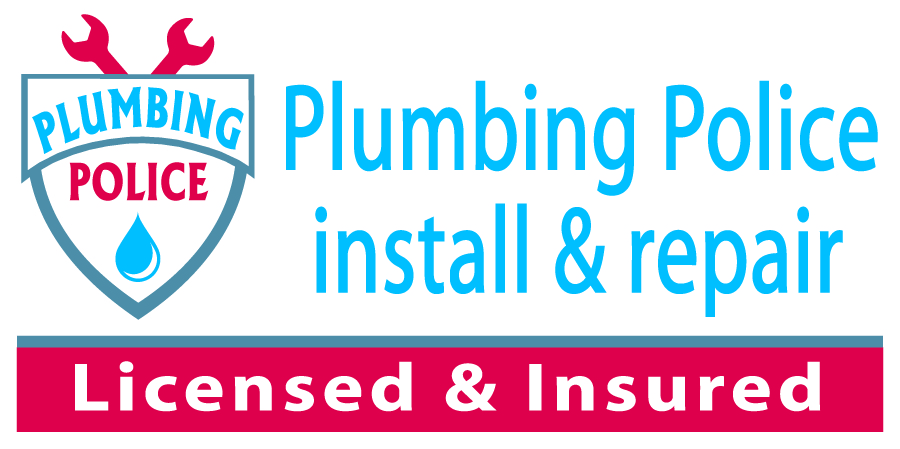RV and boat plumbing systems are designed to provide water and waste management in mobile and marine environments. While they share some similarities, there are key differences tailored to their respective needs. Here’s a breakdown of RV and boat plumbing systems and their key components:
RV Plumbing
- Fresh Water System: Includes a freshwater tank, pump, and pipes. The pump pressurizes the water for use in sinks, showers, and toilets.
- Water Heater: Typically powered by propane or electricity, providing hot water for various uses.
- Waste Water System: Comprises black water (toilet waste) and gray water (sink and shower waste) tanks, along with pipes and valves for drainage.
- Pump-Out System: For emptying waste tanks at designated dump stations.
- Water Filtration: Often includes filters to ensure clean drinking water.
Benefits
- Convenience: Provides the comforts of home, such as hot showers and flushing toilets, even while on the road.
- Self-Sufficiency: Allows for extended stays in remote areas without relying on external facilities.
- Efficiency: Modern RV plumbing systems are designed to be compact and efficient, maximizing space and minimizing water usage.
- Customization: Many RVs offer customizable options for plumbing upgrades, such as better water filtration systems or larger tanks.
Boat Plumbing
- Fresh Water System: Similar to RVs but adapted for marine environments. Includes a freshwater tank, pump, and piping.
- Marine Water Heater: Often designed to handle the unique conditions of a boat, such as corrosion resistance and space constraints.
- Waste Water System: Includes black water and gray water tanks, with the option to discharge waste directly overboard or into a holding tank that must be emptied at a marina.
- Bilge Pump: A pump designed to remove excess water from the bilge (the lowest part of the boat) to prevent flooding.
- Water Filtration: Ensures clean drinking water and often includes UV or carbon filters to handle marine water conditions.
Benefits
- Safety: Essential for preventing flooding and ensuring that waste is properly managed, which is critical in marine environments.
- Durability: Designed to withstand harsh marine conditions, including saltwater exposure and constant motion.
- Space Efficiency: Optimized for the limited space available on boats, integrating systems to maximize functionality in confined areas.
- Regulatory Compliance: Meets marine regulations for waste management, ensuring environmentally responsible operations.
Common Challenges
- Freezing: Both RV and boat plumbing systems are vulnerable to freezing in cold weather. Insulating pipes and using antifreeze can help prevent issues.
- Maintenance: Regular maintenance is essential to prevent leaks, clogs, and other issues, especially given the constant movement and vibrations in RVs and boats.
- Corrosion: Marine environments can accelerate corrosion, so using corrosion-resistant materials and components is crucial for boat plumbing.
In both RVs and boats, maintaining a well-functioning plumbing system ensures comfort, safety, and convenience, allowing you to enjoy your travels or time on the water without interruption.
We at the Plumbing Police will be happy to provide you with professional service


